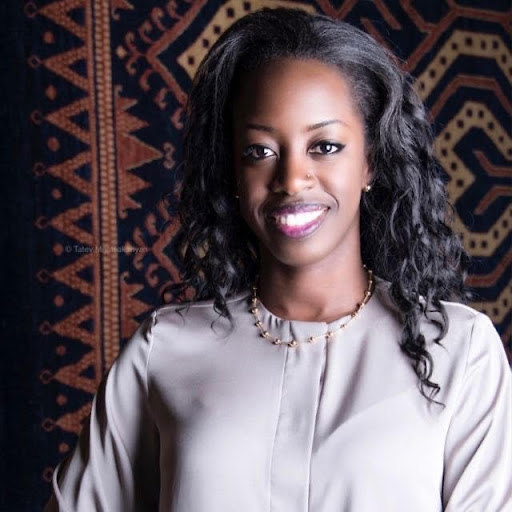
This past summer, Howard University’s Center for African Studies hosted its first online course, Advanced Seminar in African Policy. The course was led by Ambassador Kamissa Camara, director for external affairs and Africa policy at the Tony Blair Institute for Global Change and senior visiting expert for the Sahel at the United States Institute of Peace in Washington, D.C..
Ambassador Camara was the first woman and youngest person to serve as minister of foreign affairs in Mali. She has written political analysis and served as a political commentator on CNN, Aljazeera, Voice of America, The Washington Post, France24, the World Economic Forum and RFI among others.
Her course covered the historical development of the U.S. foreign policies in Africa, counterterrorism efforts and military relationships in Africa and the roles the United Nations, African Union, Regional Economic Communities, China, Russia and other external actors play in sub-Saharan African states.
The Hilltop spoke with Ambassador Camara about highlights from the class, her career and the importance of HBCU students, alumni and the larger community connecting with Africans on the continent and being involved in international careers in African states.
The Hilltop: Seeing as you led the course this summer, we’re interested in your perspective. How would you describe the experience? What are your highlights?
Ambassador Camara: “I consider teaching this course at Howard University over the summer a privilege. Under the leadership of Professor Krista Johnson, the Centre for African Studies decided to pilot this program and make it free and accessible to university students at Howard, graduates around the world and professionals who would find the topic of U.S.-Africa relations important to their work. We were delighted to have close to 80 students sign up for the class.
The online setting made it easier to convene such a large group of interested individuals. My highlight was all five weeks spent discussing with guest speakers and students alike. I thought there was much interest. This course could have been even longer to deep dive into Africa’s relationships with the U.S. and other major world powers such as France, Russia and China. I enjoyed teaching this course.”
The Hilltop: As a young, African woman with an understanding of African, American and European societies, who works at the nexus of international politics, governance, security, and foreign policy and constantly navigates the global stage, can you please reflect and shed light on your professional experience and journey thus far? Can you provide any personal, spiritual, or professional development pointers for HBCU students and our readers?
Ambassador Camara: “Well, this is a difficult question to answer. I think everyone has one’s path to lead and one’s challenges to overcome. I always tell youngsters to be patient and willing to put in the work where they want to succeed because shortcuts do not work. They never do. I believe social media can fuel anxiety in that it makes young adults believe in illusions of a perfect and spotless life. My general advice would be to use social media to get informed about current events, be critical about what they see and not be overwhelmed by tales of success that are only the tip of the iceberg. Focus on yourselves, invest in yourselves and have a clear vision of where you want to go.
Success will look very different to you than it does to me and, in the end, what we all want is to achieve our dreams and become the persons we strive to be. Being focused, disciplined and persistent does pay off. It always does.”
The Hilltop: In your opinion, why is it important to build HBCU students’ interest and involvement in African states, U.S.-Africa relations, and international affairs and careers in Africa?
Ambassador Camara: “This is an excellent question. I adore HBCUs and believe that African-American students should all take some Africa-related courses. The connections between African-Americans in the U.S. and Africans on the African continent are bloodlines between long-lost cousins that can only be repaired if we consciously understand one another.
I was impressed and heartbroken even by how much impact (and curiosity!) the George Floyd events had on the African youths. Many wanted to understand why their kin was being treated this way by the police over here in America. Also, I remember how Africans were delighted when President Obama was elected President. They believed one of their sons made it to the top and would be willing to do more for Africa than any other American president. The Young African Leaders Initiative (YALI) was a great success, and President Obama’s personality and African roots indeed made a difference.
US-Africa relations have been excellent over the years and, again, African-Americans are best placed to advocate for African interests and enrich U.S.-Africa relations.
There is more to come from the Center for African Studies. This week, faculty and alumni are presenting in the 64th African Studies Association (ASA) Annual Meeting. The event will be held virtually from Nov. 16-20. Copy edited by Jasper Smith

